C.M. Rapporto Global Education di Rubin
Che ci piaccia o no, i bambini stanno crescendo in un ambiente tecnologico, e sapendo come fare il miglior uso di una buona tecnologia è una parte fondamentale della loro preparazione per la loro vita futura. Importanti competenze del 21 ° secolo, come la soluzione dei problemi, la comunicazione e la creatività possono essere migliorate con l'uso di grande tecnologia. Questo mese il nostro migliori insegnanti a livello mondiale share their top tips on which edtech tools have dramatically supported and improved learning in our teachers’ classrooms around the world. Jim Tuscano’s personal criteria in selecting his top tech choices includes tech that supports “independent and self-directed learning, active, creative and collaborative learning, as well as critical thinking, provides intuitive and user-friendly interface and is accessible to all learners.” In making his selections, Adam Steiner notes that “whichever device you bring into your classroom, infine è tutto il contenuto,” and “the good news is that great new educational Virtual Reality content is coming out every day.” When sharing the good, il cattivo, e la migliore, Elisa Guerra Cruz notes that “teaching in the Fourth industrial revolution takes passion and initiative, and along with the challenges come the exhilarating opportunities.”
“Un vero cittadino globale a mio avviso, è un guardiano umana di tutte le persone nel nostro villaggio globale, e non solo del paese lei o lui vive in,” says Professor ci Aharoni in Israel, che ha parlato con noi di questo mese. Ada is the founding President of the International Forum for the Literature and Culture of Peace (IFLAC). She believes that “words, comunicazione, la letteratura e le arti, può promuovere la pace, tolleranza e armonia, and bring about a change.” While “education is the most important element in developing, nutrimento e di moltiplicazione di pacificazione,” she says this education “should be given to the teachers and the parents too.”
And that’s a great segue into our interview with Mali-born New York based singer-songwriter Awa Sangho, a rising star on the global music scene. Cresciuto da una nonna che la incoraggiò a messo gli occhi alti, lei ha fatto proprio questo, superando le difficoltà e le sfide nella sua giovinezza per trovare il successo come cantante, percussionista, e compositore. Lei è un attivista appassionato per educare i giovani ragazze e le donne in Africa Occidentale, condannando la pratica della mutilazione genitale femminile. “Chi Sono rappresenta l'Africa, tutta l'Africa," lei dice, chiaramente orgogliosa del suo ruolo di auto-proclamato come ambasciatore culturale. Nella sua intervista a The Global Ricerca per l'Educazione, she speaks about the power of music as a universal language, e perché l'istruzione può “aprire qualsiasi porta su questa terra.”
Secondo Charles Fadel, fondatore del Centro per la riprogettazione Curriculum, “new and more innovative knowledge maps are now needed to help us navigate the complexities of our expanding landscape of knowledge.” Fadel’s organization has been producing new knowledge maps that redesign knowledge standards from the ground up. In our interview with Fadel this month, he notes that “understanding the interrelatedness of knowledge areas will help to uncover a logical and effective progression for learning that achieves deep understanding.”
Making quality health care available for all people is the UN’s Sustainable Development Goal No. 3 – a goal that global leaders seek to achieve by 2030. In our interview with Kara Hanson, Professore di sanità Sistema Economia presso la London School of Hygiene & Medicina tropicale, she discusses two main challenges for healthcare in low and middle-income countries (LMICs). La prima sfida è la “crescente peso delle malattie non trasmissibili (malattie non trasmissibili) in LMICs “. Fa notare che“più della metà del carico di malattia nei paesi a reddito medio-basso è dovuto alla malattie non trasmissibili, e anche nei paesi a reddito più basso, NCDs are responsible for one-third of the disease burden.” Hanson, along with our Millennnial bloggers, weigh in this month to discuss the problems and offer strategies to achieve Universal Healthcare coverage for all people. Hanson discusses policies such as “taxation of unhealthy foods and modification of urban environments to facilitate physical activity.” Additionally, she stresses that more focus is needed on health services for conditions like hypertension and diabetes, “that require lifelong management.” Bonnie Chiu explains why she believes that “impact investing is the key to funding universal access to healthcare.” Jacob Navarette focuses on the challenges faced in the United States and recommends “broadening taxation and reducing spending” as a way to balance the books, while Dominique Dryding in South Africa asks us to consider health alternatives which may already exist and which are trusted by significant proportions of populations.” She notes that “given a legitimate platform, il costo delle cure mediche potrebbe diminuire perché ci sarebbe una ridotta incidenza di malattie prevenibili (come il diabete di tipo II), e la pressione del sistema sanitario formale diminuirebbe di conseguenza “.
(Le foto sono per gentile concessione di CMRubinWorld)
C. M. Rubin
Unitevi a me e leader di pensiero di fama mondiale tra cui Sir Michael Barber (Regno Unito), Dr. Michael Block (Stati Uniti), Dr. Leon Botstein (Stati Uniti), Il professor Argilla Christensen (Stati Uniti), Dr. Linda di Darling-Hammond (Stati Uniti), Dr. MadhavChavan (India), Charles Fadel (Stati Uniti), Il professor Michael Fullan (Canada), Il professor Howard Gardner (Stati Uniti), Il professor Andy Hargreaves (Stati Uniti), Il professor Yvonne Hellman (Paesi Bassi), Il professor Kristin Helstad (Norvegia), Jean Hendrickson (Stati Uniti), Il professor Rose Hipkins (Nuova Zelanda), Il professor Cornelia Hoogland (Canada), Onorevole Jeff Johnson (Canada), Sig.ra. Chantal Kaufmann (Belgio), Dr. EijaKauppinen (Finlandia), Sottosegretario di Stato TapioKosunen (Finlandia), Il professor Dominique Lafontaine (Belgio), Il professor Hugh Lauder (Regno Unito), Signore Ken Macdonald (Regno Unito), Il professor Geoff Masters (Australia), Il professor Barry McGaw (Australia), Shiv Nadar (India), Il professor R. Natarajan (India), Dr. PAK NG (Singapore), Dr. Denise Papa (Stati Uniti), Sridhar Rajagopalan (India), Dr. Diane Ravitch (Stati Uniti), Richard Wilson Riley (Stati Uniti), Sir Ken Robinson (Regno Unito), Professor Pasi Sahlberg (Finlandia), Il professor Manabu Sato (Giappone), Andreas Schleicher (PISA, OCSE), Dr. Anthony Seldon (Regno Unito), Dr. David Shaffer (Stati Uniti), Dr. Kirsten Immersive Are (Norvegia), Cancelliere Stephen Spahn (Stati Uniti), Yves Theze (LyceeFrancais Stati Uniti), Il professor Charles Ungerleider (Canada), Il professor Tony Wagner (Stati Uniti), Sir David Watson (Regno Unito), Professor Dylan Wiliam (Regno Unito), Dr. Mark Wormald (Regno Unito), Il professor Theo Wubbels (Paesi Bassi), Il professor Michael Young (Regno Unito), e il professor Zhang Minxuan (Porcellana) mentre esplorano le grandi questioni educative immagine che tutte le nazioni devono affrontare oggi.
Il Global Ricerca per l'Educazione della Comunità Pagina
C. M. Rubin è l'autore di due ampiamente lettura serie on-line per il quale ha ricevuto una 2011 Premio Upton Sinclair, "Il Global Search per l'Educazione" e "Come leggeremo?"Lei è anche l'autore di tre libri bestseller, Compreso The Real Alice in Wonderland, è l'editore di CMRubinWorld ed è un disgregatore Foundation Fellow.
Segui C. M. Rubin su Twitter: www.twitter.com/@cmrubinworld

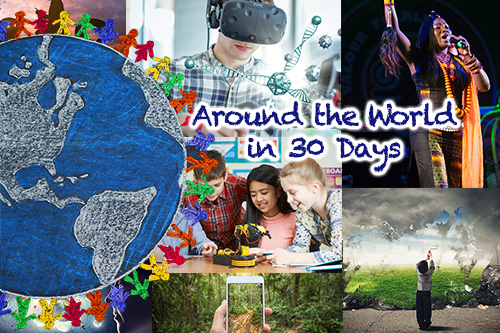
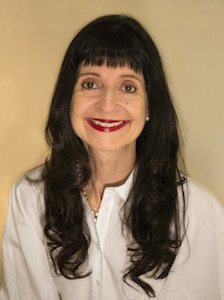
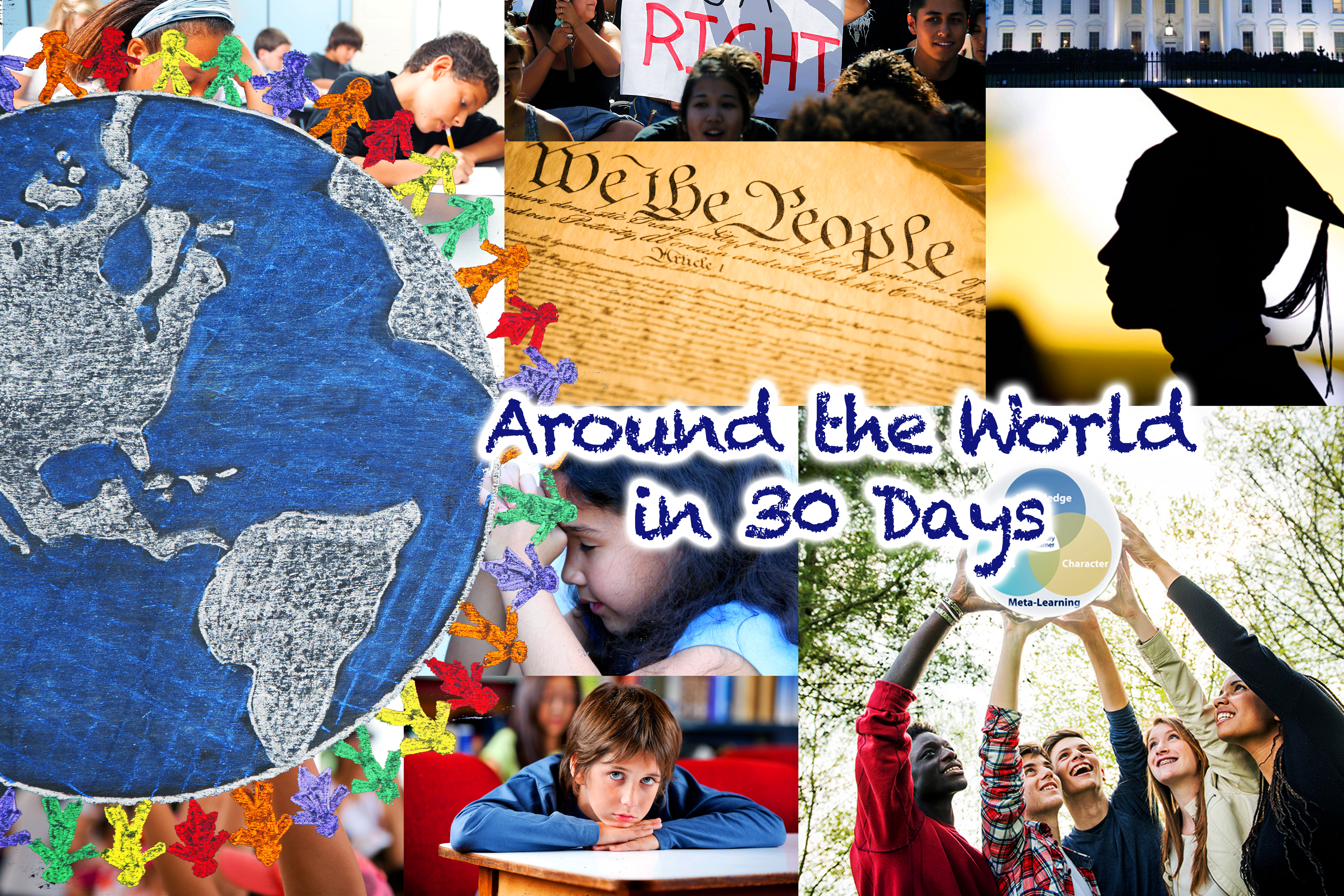
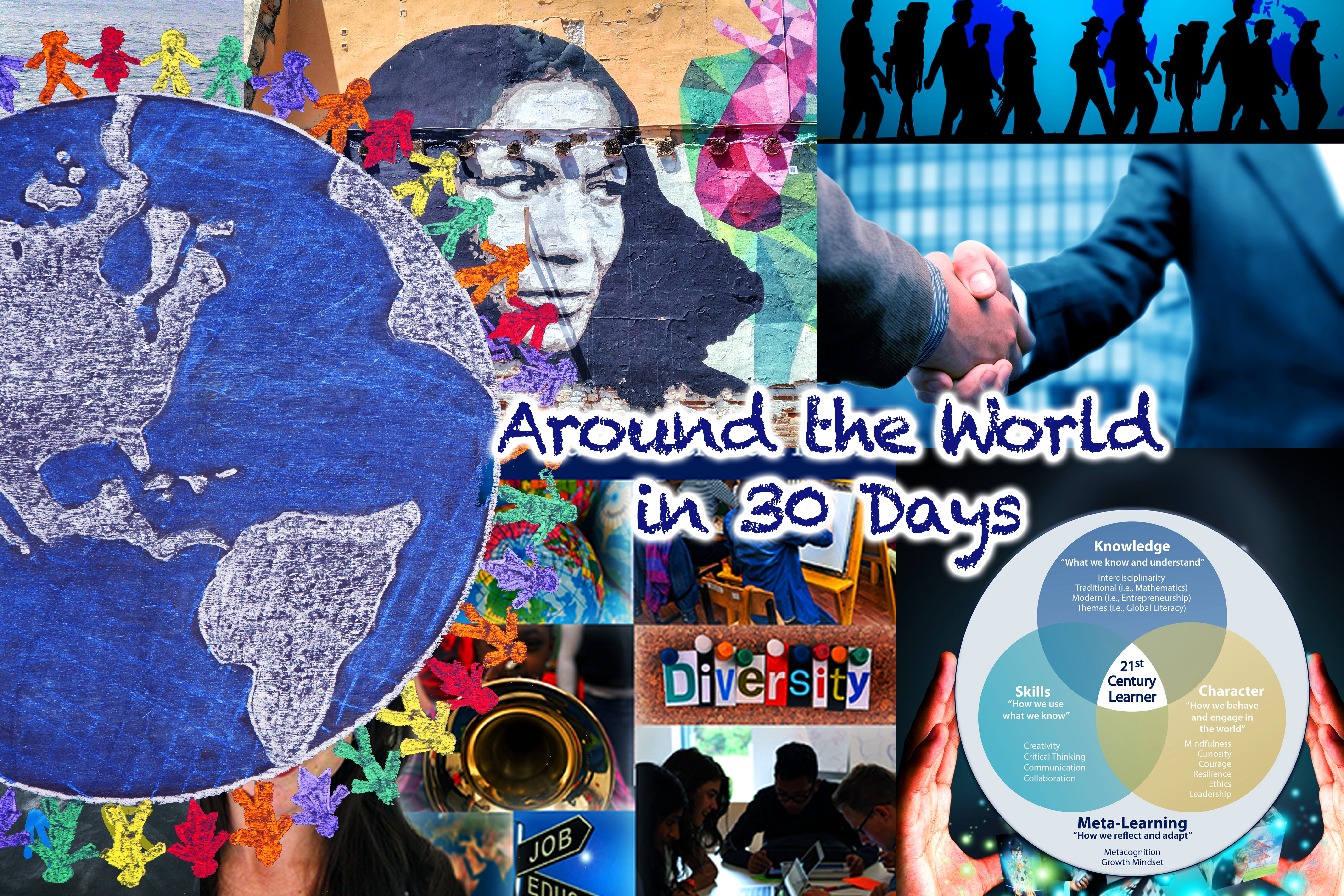
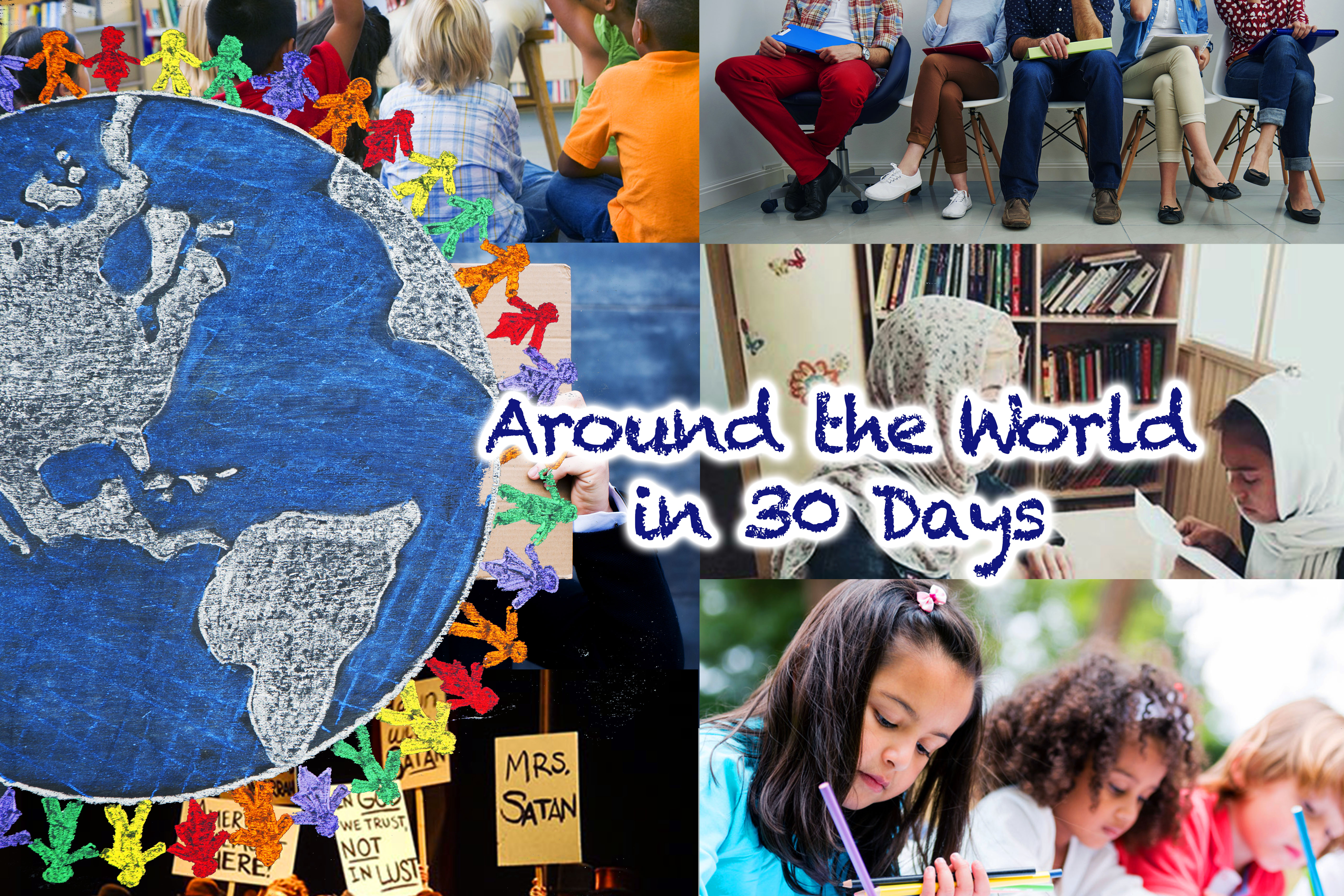
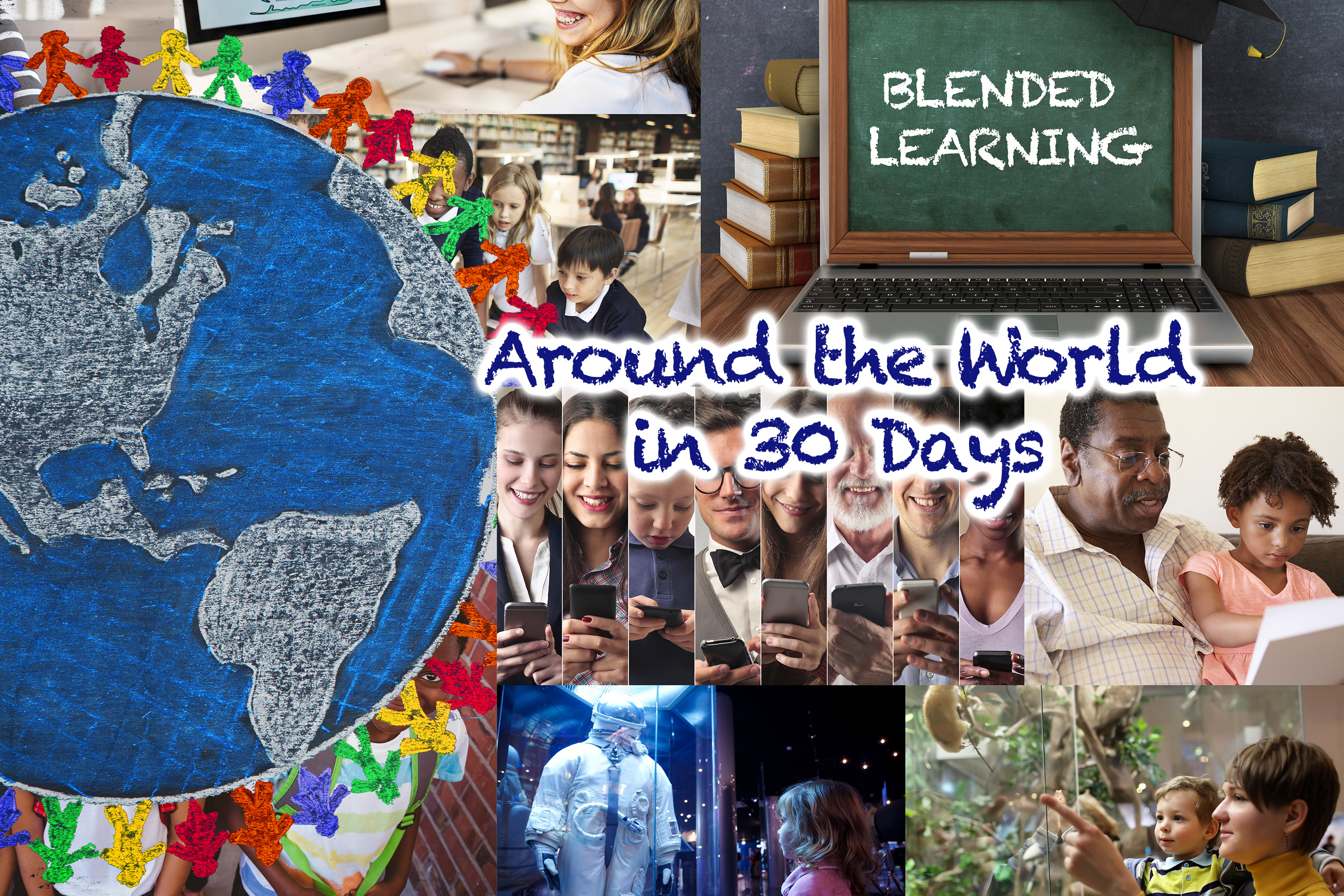
Commenti recenti